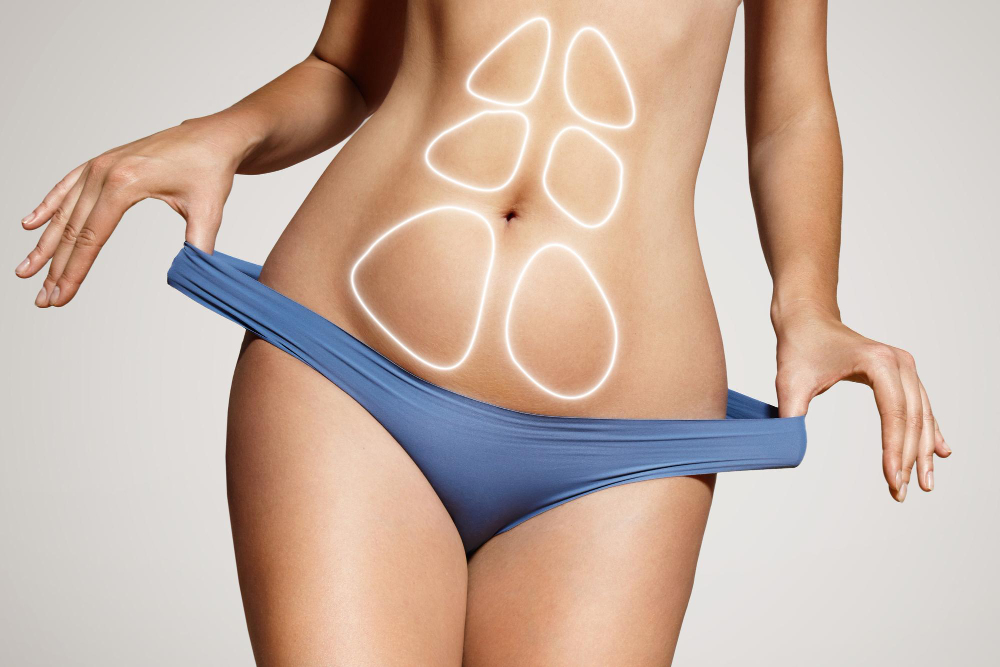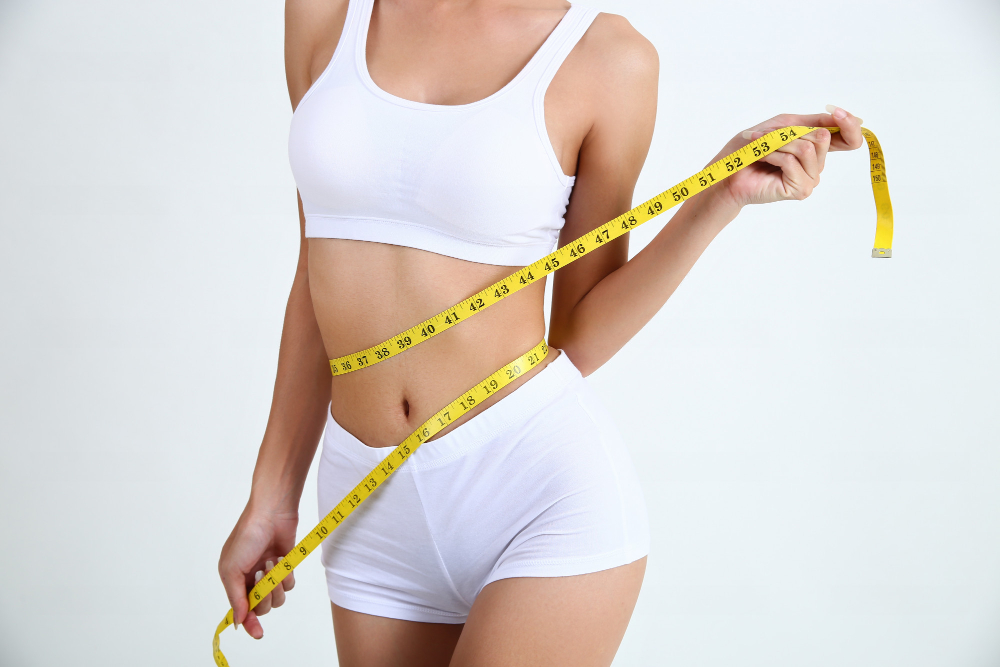The problem of microplastics and our organism is worrying. It seems that there is very little we can do to prevent these tiny particles from finding their way into our blood, brain, lungs and other parts of our body.
It sounds encouraging that a number of studies now indicate that we have at least one cheap, affordable line of defense against plastic-related damage to our digestive systems – probiotics.
There is already evidence that these bacteria, found in fermented foods such as yogurt, sauerkraut, and kimchi (a Korean side dish most commonly made from fermented Korean/Chinese cabbage), support our immune systems and offer benefits that can alleviate gastrointestinal issues, inflammations and allergies. According to the results of new research, it seems that they could help us in the fight against the problems created by these penetrating petrochemical particles.
Multiple studies have shown that nanoplastics can enter our blood and organs and penetrate the mucosal barrier into our gastrointestinal tract.
Although more research is needed to determine the link between plastic and gastrointestinal disorders, preliminary findings indicate that ingesting plastic is certainly not contributing to our health.
A Tufts University study published in June found that high concentrations of polystyrene particles “induced significant secretion” of inflammatory proteins called cytokines in in vitro models of the intestine. Cytokines are associated with inflammatory bowel diseases (IBD), including Crohn’s disease and ulcerative colitis, the incidence of which has increased globally from 3.7 million cases in 1990 to more than 6.8 million in 2017.
A causal relationship is not yet clear, as factors such as a diet high in ultra-processed foods, smoking and exposure to air pollution are also linked to IBD. But researchers increasingly believe that microplastics, which are packed with a variety of harmful chemicals, including additives such as bisphenol A (BPA) and phthalates.
For the January 2023 study published in Journal of Hazardous MaterialsFrench researchers added microplastics to a modeled gut biome and observed that the number of beneficial bacteria decreased, while two strains of bacteria associated with inflammation increased. A 2021 Chinese study found that people with inflammatory bowel disease had 50 percent more microplastics in their feces than those with healthy stomachs.
When gut microbes feed on or stick to microplastics in the stomach, it can change their chemical composition, affecting bacterial diversity and causing other “negative effects, including changes in gut metabolic profiles and inflammation,” wrote the authors of the Spanish study in 2022. In more extreme cases, they said it could contribute to a condition called “dysbiosis,” in which bad bacteria outnumber good bacteria in our stomachs. Dysbiosis increases the likelihood of developing other serious conditions, including diabetes, Crohn’s disease, and colorectal cancer.

Unfortunately, probiotics cannot magically remove plastic particles from our bodies. However, some research points to the conclusion that good microbes could help reduce some of the toxic effects and inflammation that plastic causes in our gastrointestinal systems.
This summer, a team of Iranian researchers published a review study investigating how probiotics can protect against the harmful effects of plastic on gut flora. Probiotic microorganisms can interact with polystyrene particles “to modify their toxic effects on different tissues,” they wrote.

They cite studies showing that probiotics bind to, absorb, and neutralize toxic heavy metals like cadmium and mercury in animals, as well as two separate studies from 2021 that found probiotic strains, including lactobacillus plantarum, found in fermented milk products and sour cucumbers, bound and degraded BPA and phthalates, both harmful chemicals commonly found in plastics.
“Using probiotic supplements to improve the microbiome could be an effective intervention to combat various toxins,” including those leached from plastics, the Iranian research team wrote.
For a separate 2023 study, Chinese researchers first noticed that mice exposed to microplastics and their endocrine-disrupting chemicals developed testicular inflammation, decreased sperm quality, and lacked healthy gut bacteria. They then found that giving the mice probiotics increased sperm viability, providing a solid basis for further research into “male reproductive damage caused by environmental pollutants.”

Not only could certain probiotics help our gut – they could help reduce the chemical additives that leach out of food and beverage packaging before they even reach our bodies.
There is promising research on the interaction between probiotics and BPA in food containers. BPA, as well as other harmful bisphenols that are sometimes used in its place, are commonly found in cans and hard polycarbonate plastic bottles used to hold food and beverages. These additives are known to leach from containers and into the consumer products we consume.
A 2019 Chinese study found that when a preparation of the probiotic lactobacillus reuteri was added to juices and teas packaged in BPA-containing cans, the probiotic reduced the concentration of the chemical in the drinks by at least 90 percent in one day.
In 2020, Iranian researchers reached a similar encouraging conclusion by making yogurt from different probiotic strains of bacteria and milk intentionally contaminated with bisphenol. After 28 days of storage, yogurt made with Lactobacillus plantarum and Lactobacillus acidophilus detoxified BPA by 95 and 90 percent, respectively.

The results of the scientific research behind what plastic does to our bodies and what benefits probiotics can offer are still preliminary. Still, researchers are finding evidence to support the theory that common strains of probiotics, especially lactic acid bacteria like those found in yogurt, sourdough bread, and pickles, can help counteract the effects of chemicals that microplastics put into our bodies through food.
It is wise to speak with your doctor before taking probiotic supplements, which are not always consistent in quality or effectiveness. However, probiotics from fermented foods are widely considered safe and generally beneficial to human health, so eating more of them will definitely make you feel good. They are affordable and delicious. Just be sure to stick to the recommended serving sizes, as large amounts of probiotics can lead to minor digestive upsets like gas and bloating.
Source: www.sitoireseto.com


